10 Fascinating Behind-The-Scenes Facts From Scorsese Movies
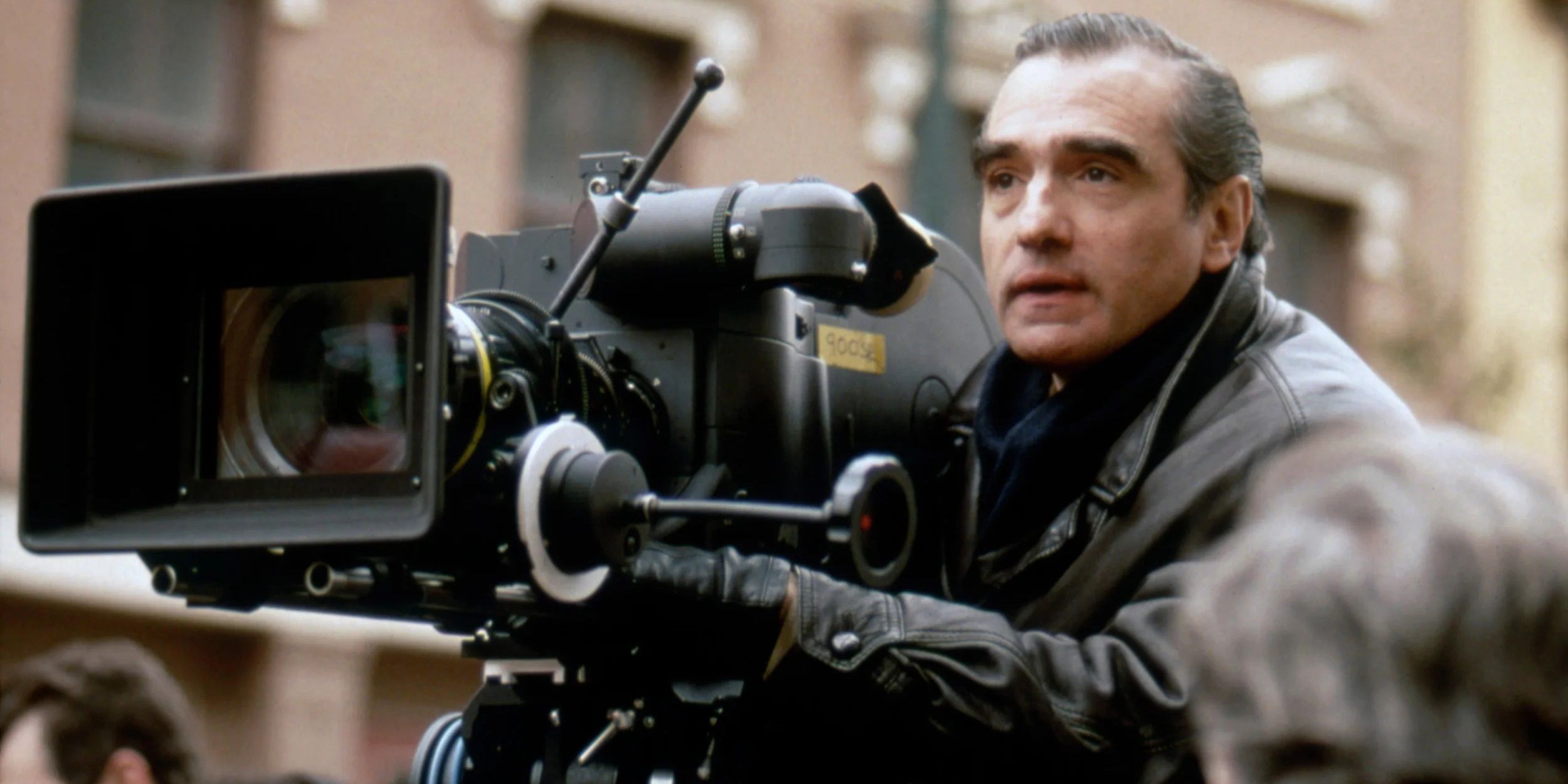
With more awards than could fit in a single cabinet acquired across a career that spans over half a century, it’s fair to say that Martin Scorsese is one of the most revered and prolific filmmakers working today. He started out as part of the “New Hollywood” movement of the ‘70s, but unlike a lot of his contemporaries, Scorsese has managed to continually adapt his directorial style to remain relevant in an ever-changing moviegoing landscape.
He might be known to a lot of young people as the grumpy old man who complains about Marvel movies, but Scorsese has directed some of the greatest movies ever made.
10 Robert De Niro Improvised Travis Bickle’s “You Talkin’ To Me?” Moment
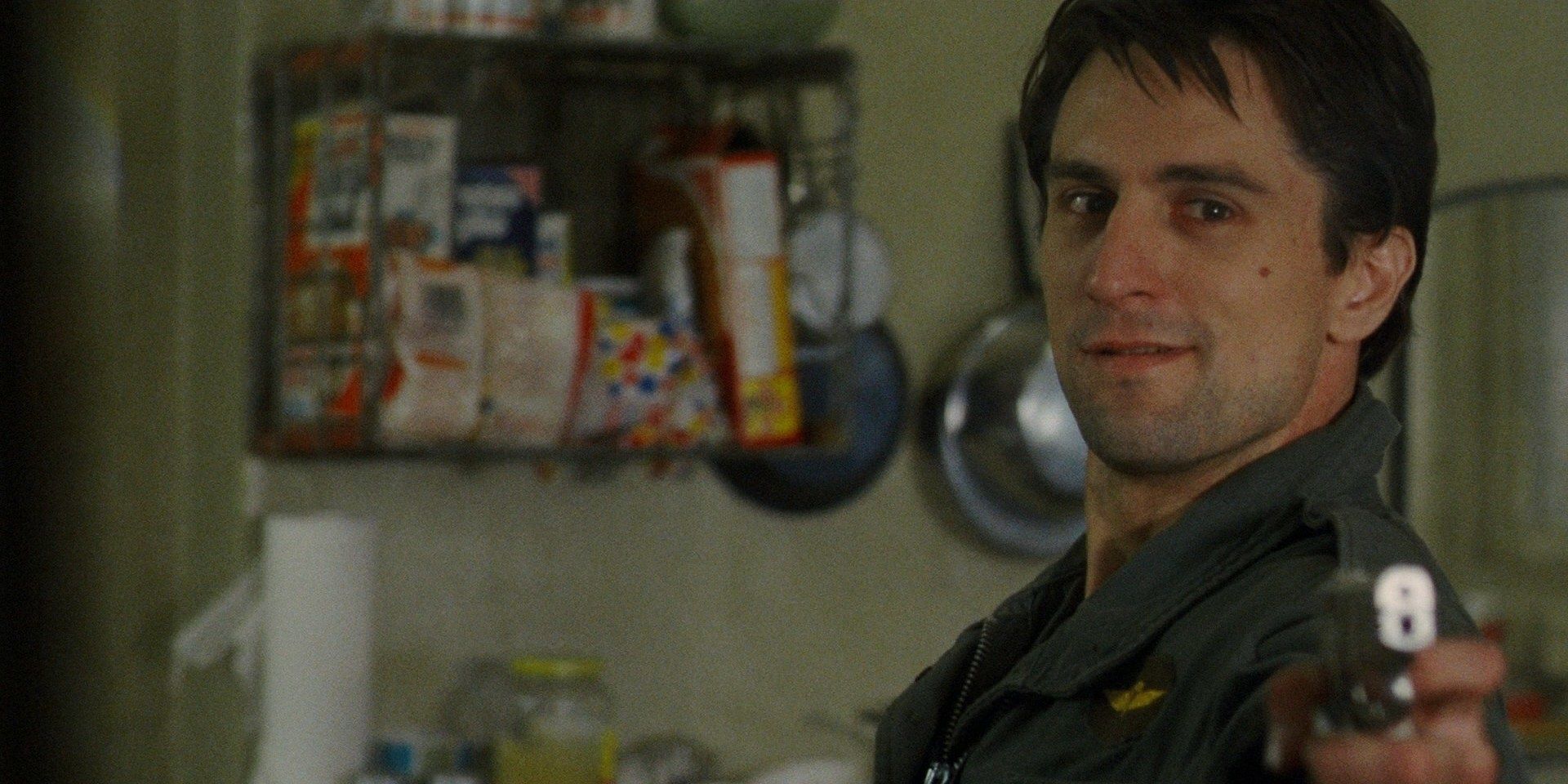
Paul Schrader didn’t write any dialogue for the scene in Taxi Driver in which Travis Bickle talks to himself in the mirror, so Robert De Niro ad-libbed what ended up becoming one of the most revered monologues in film history. De Niro’s acting teacher had taught him a technique of repeating the same line over and over again, which inspired the now-iconic line “You talkin’ to me?”
The scene highlights Travis’ isolation and De Niro’s improvisations get it just right, revealing an emptiness behind every confidently delivered threat.
9 David Fincher Was Initially Attached To Direct Shutter Island
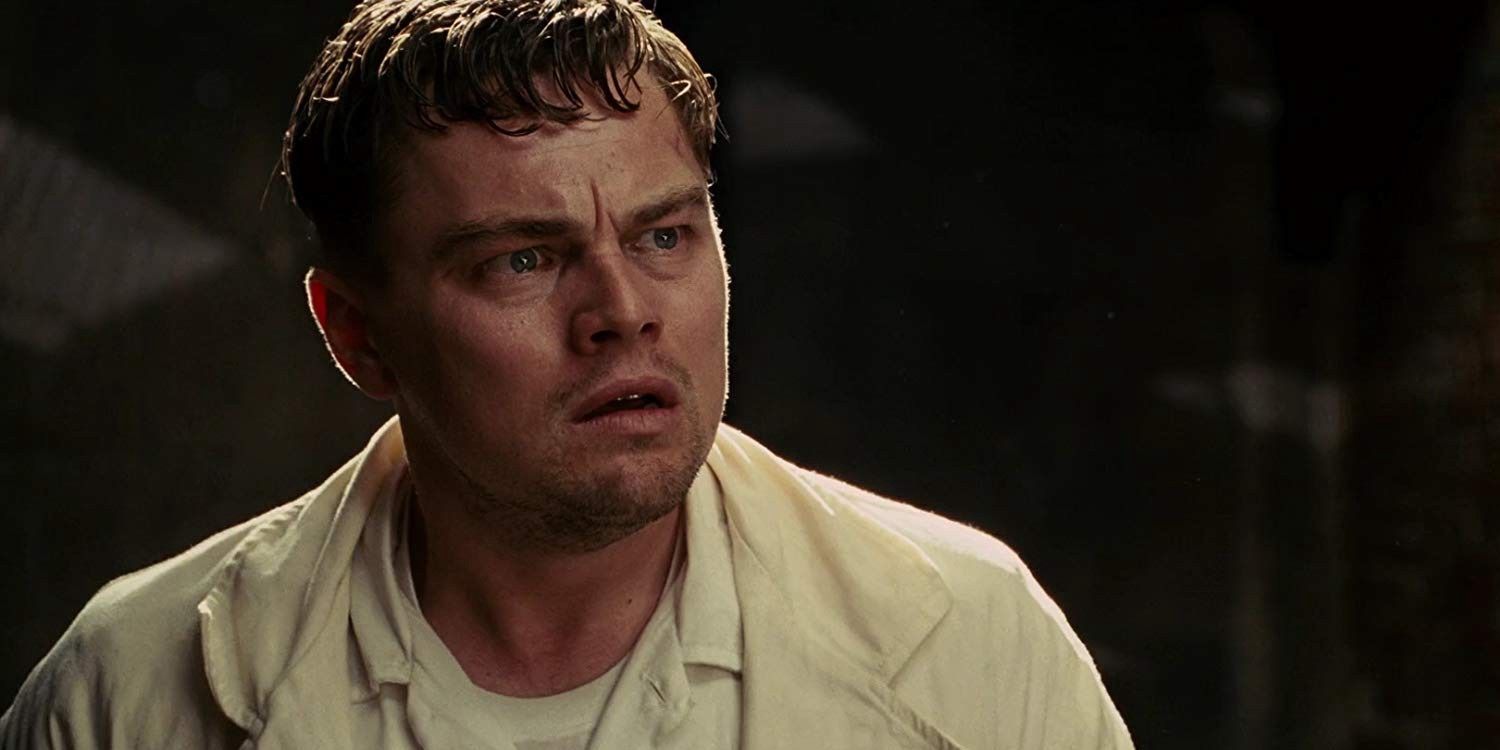
Martin Scorsese wasn’t the first filmmaker to get a hold of the rights to Dennis Lehane’s novel Shutter Island. First, the rights were optioned for director Wolfgang Petersen, who wanted to make major changes to the story and adapt the book as an action blockbuster.
When Petersen dropped out, the producers offered the project to David Fincher, who was briefly attached to direct. He planned to cast Brad Pitt and Mark Wahlberg in the roles that Leonardo DiCaprio and Mark Ruffalo would play in Scorsese’s adaptation.
8 The Original Title Of Mean Streets Was Season Of The Witch
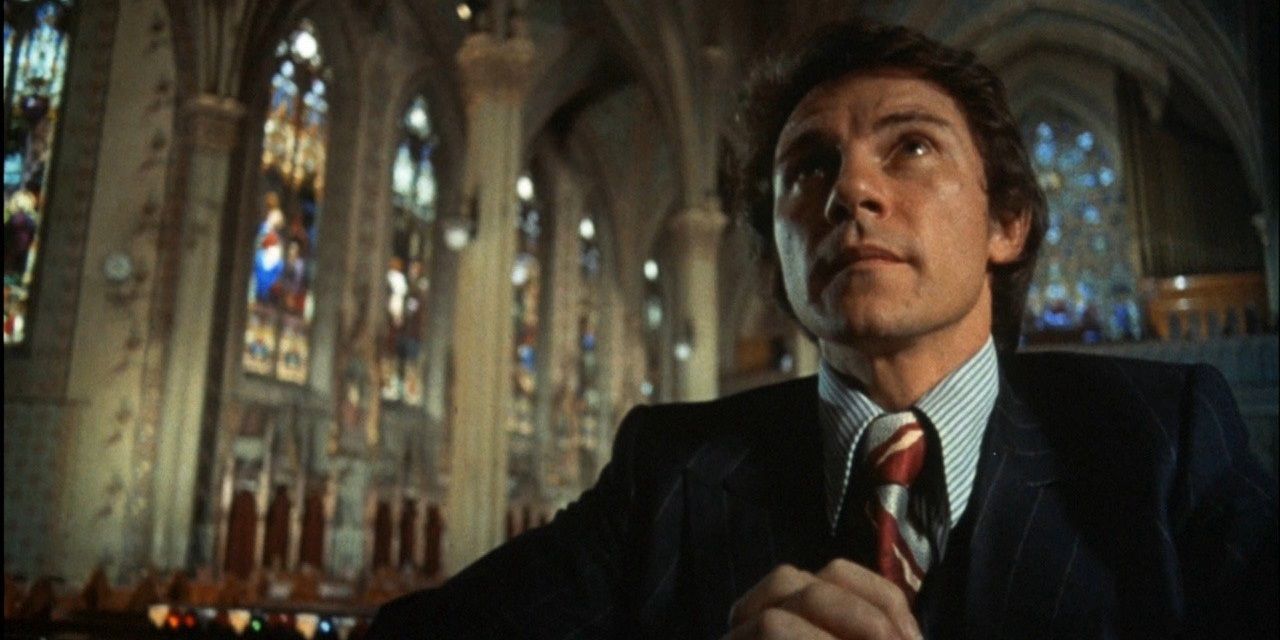
Martin Scorsese had made a couple of movies before Mean Streets, but with its religious themes, loose plot, and gritty portrayal of crime in New York City, it’s the first Scorsese movie that really feels like a Scorsese movie.
The director took the title Mean Streets from the Raymond Chandler essay “The Simple Art of Murder,” but strangely enough, his original script was called Season of the Witch.
7 There Was A “Posture Coach” On The Set Of The Irishman
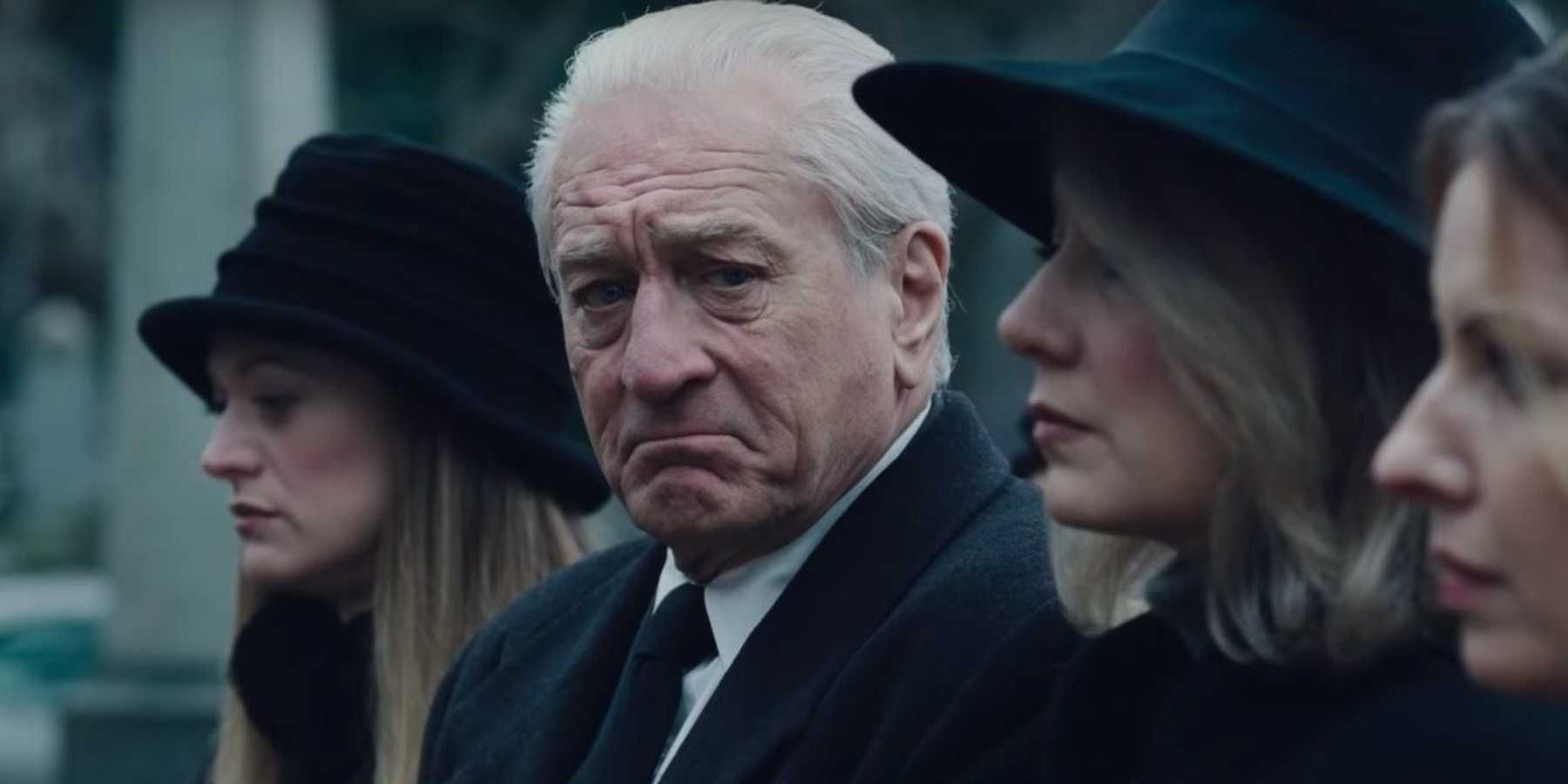
In order to tell the life story of Frank Sheeran across several decades, Martin Scorsese used cutting-edge digital de-aging technology to varying degrees of success. When he was unconvinced by Al Pacino getting out of a chair as a man of a certain age, the director brought on a “posture coach” who could guide each actor to carry themselves the way someone would at the age they were supposed to be in a given scene.
It probably got very confusing across the months-long shoot, which ended up being the longest shoot of Scorsese’s career.
6 Al Pacino Was The Top Choice To Play Frank Costello In The Departed

Although they didn’t actually end up working together until they made The Irishman last year, Martin Scorsese and Al Pacino have been trying to find the right project to collaborate on since both got their big breaks in the 1970s.
Pacino was Scorsese’s original choice for the role of Irish mob boss Frank Costello in The Departed, but he turned it down. Jack Nicholson, Scorsese’s second choice, ultimately nailed the role.
5 Jonah Hill Snorted So Much Prop Cocaine While Filming The Wolf Of Wall Street That He Had To Be Hospitalized

In addition to its record for F-bombs, The Wolf of Wall Street must have a record for most cocaine snorted on-screen in a major Hollywood production. The actors actually snorted crushed-up B vitamins. Jonah Hill revealed on HBO’s Any Given Wednesday that he snorted so much of the prop coke that he needed to be hospitalized with bronchitis.
Hill was so eager to work with Martin Scorsese that he took a pay cut to free up some of the movie’s budget. The Superbad star was paid $60,000, the scale amount, for his performance, while the Hollywood Reporter estimates that his co-star Leonardo DiCaprio’s paycheck was $10 million.
4 Before The Aviator, There Were A Ton Of Failed Howard Hughes Biopics

Before Martin Scorsese and Leonardo DiCaprio brought the life of Howard Hughes to the screen in The Aviator, there had been a ton of attempts at Hughes biopics that didn’t take off like the Spruce Goose.
Warren Beatty, John Malkovich, Brian De Palma, Milos Forman, and Christopher Nolan all tried to make movies about Hughes’ life before Scorsese managed to pull it off.
3 Johnny Carson Was Offered The Role Of Jerry Langford In The King Of Comedy
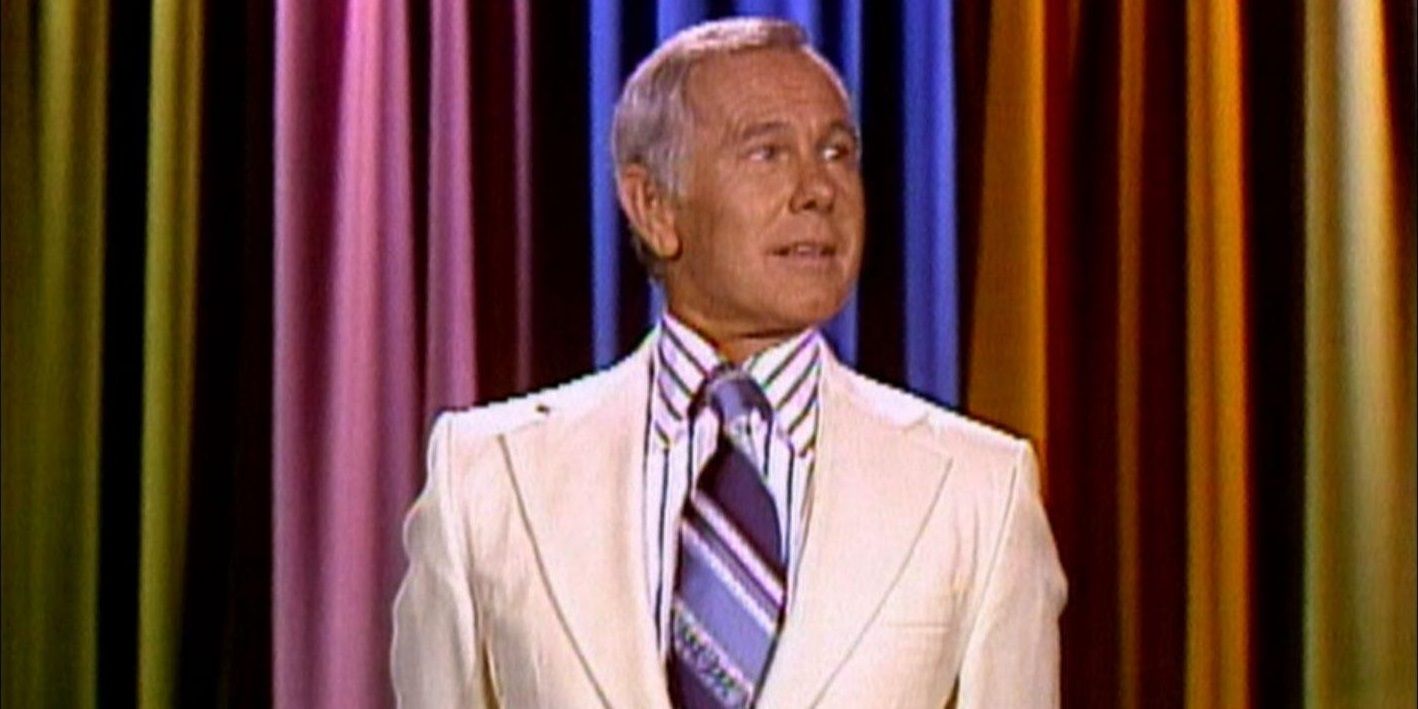
Jerry Lewis ended up being the perfect choice for the role of late-night talk show host Jerry Langford in The King of Comedy. He was more famous than De Niro and Scorsese and suggested ideas for the script based on his own experiences with fame.
Late-night legend Johnny Carson was offered the role of Langford before Lewis was cast, but he turned it down. Frank Sinatra, Sammy Davis, Jr., Dean Martin, and Orson Welles were all considered for the role, but only Carson received a firm offer.
2 Robert De Niro And Joe Pesci Lived Together To Prepare To Play Brothers In Raging Bull
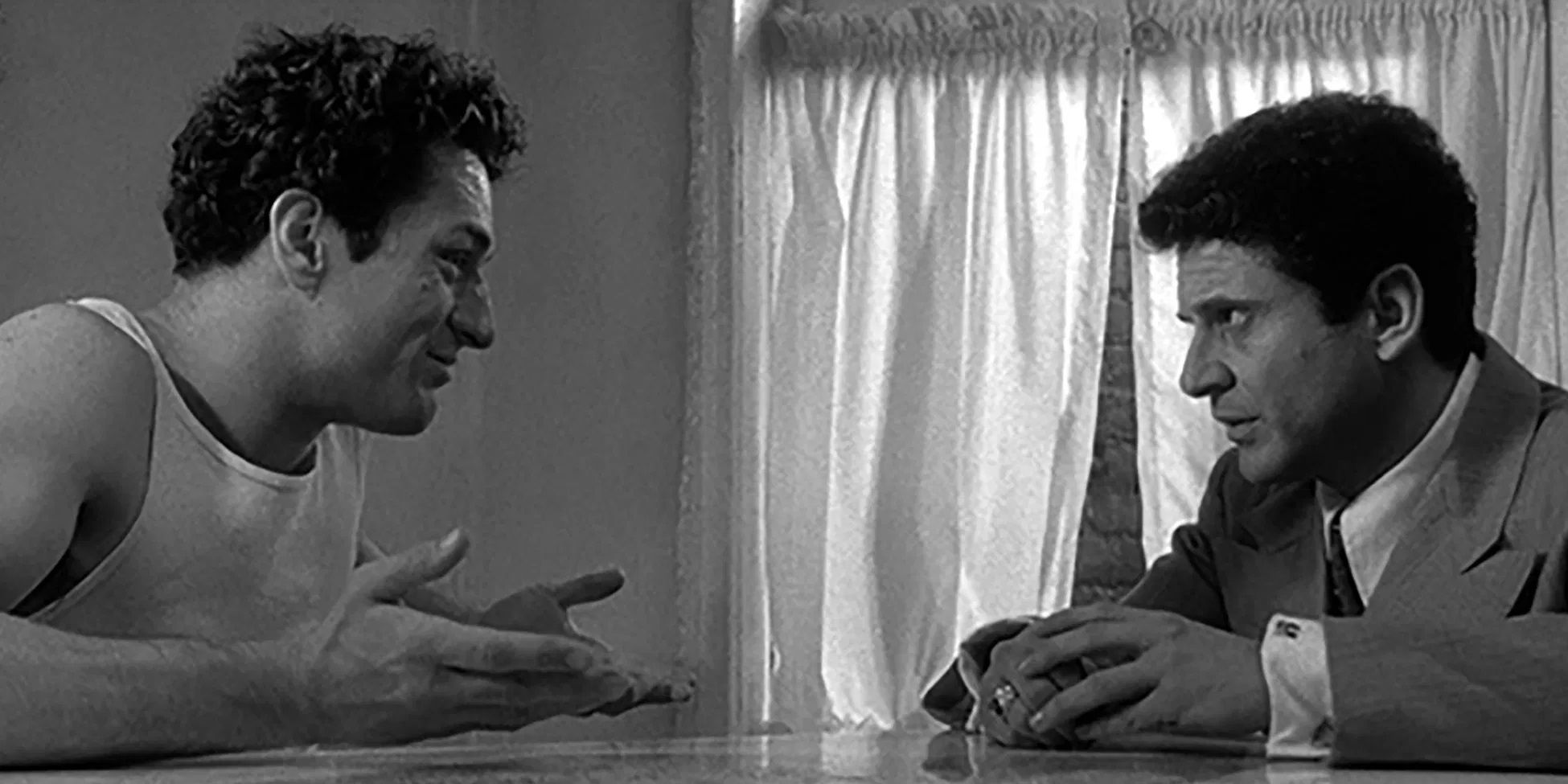
When Robert De Niro finally convinced the sports-averse Martin Scorsese to make a movie about boxer Jake LaMotta, Joe Pesci was cast as LaMotta’s brother Joey in the project that would eventually become Raging Bull.
In order to prepare to play brothers and develop a close bond that would filter onto the screen, De Niro and Pesci lived together for a while before filming.
1 Test Audiences Really Hated Goodfellas
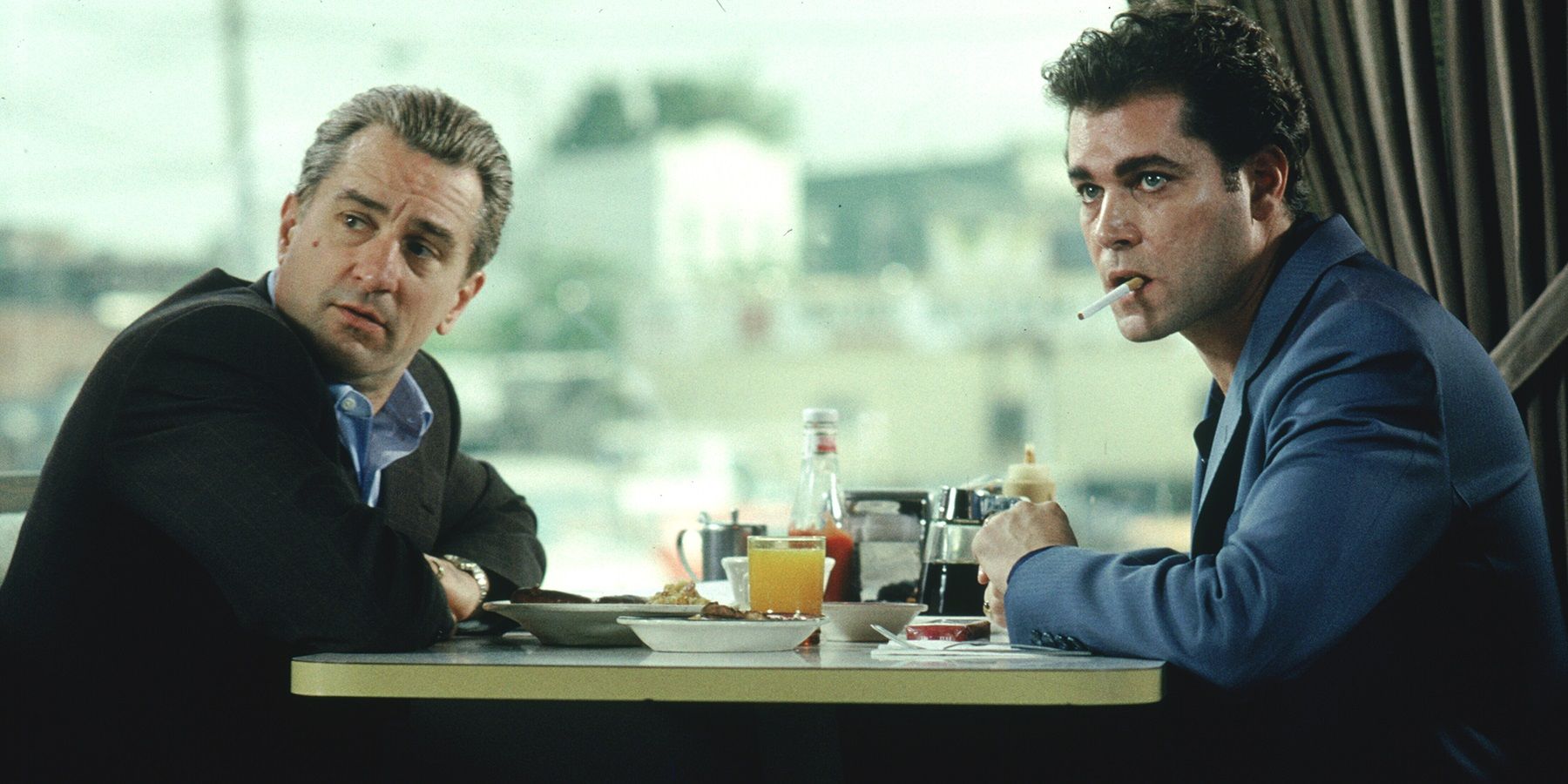
Although it’s now lauded as one of the greatest movies ever made, the initial test screenings of Martin Scorsese’s Goodfellas were disastrous. The studio, already concerned about the levels of violence and profanity in the movie, balked when test audiences gave it the worst response in the company’s history.
Despite this, Goodfellas was released with no alterations and was met with universal critical acclaim. The movie revived Scorsese’s then-fading career and ensured he’d keep working for decades to come.

Post a Comment